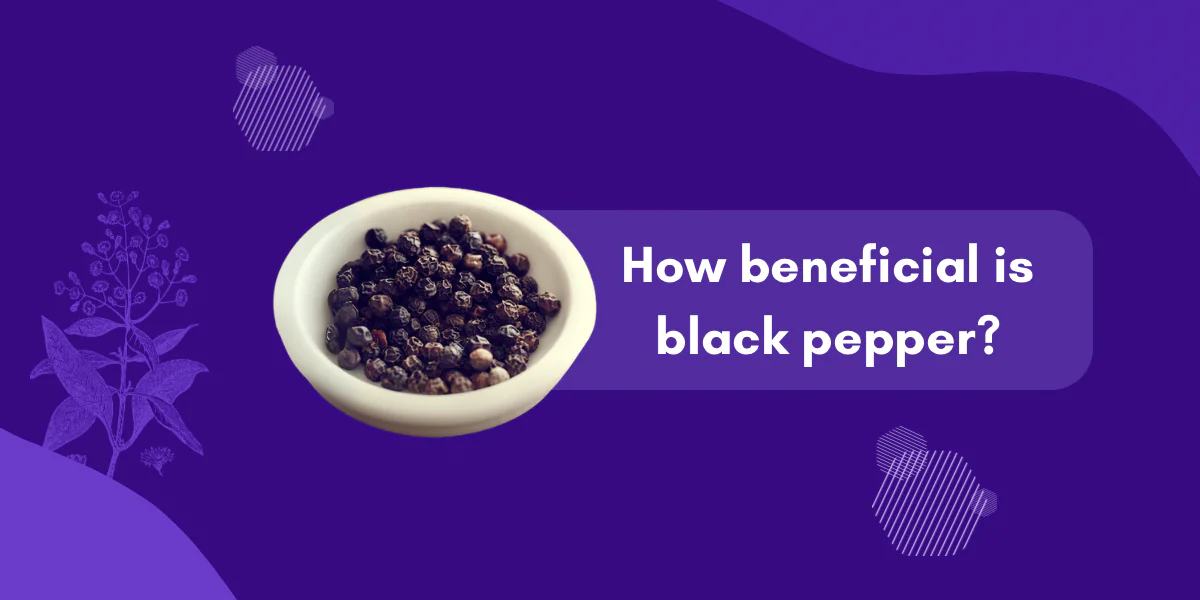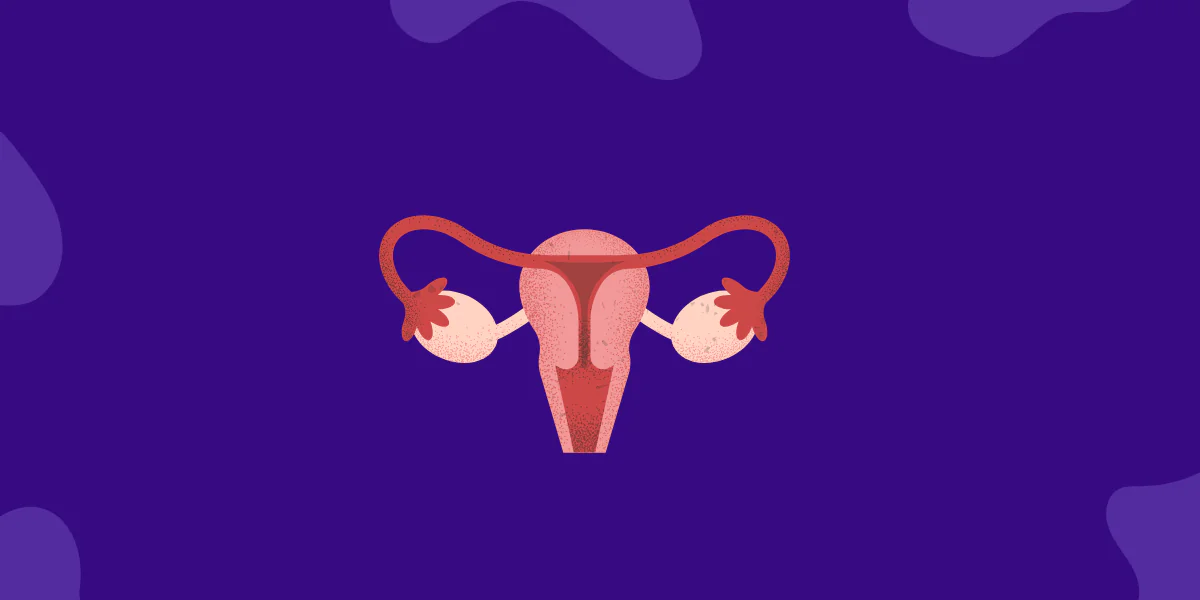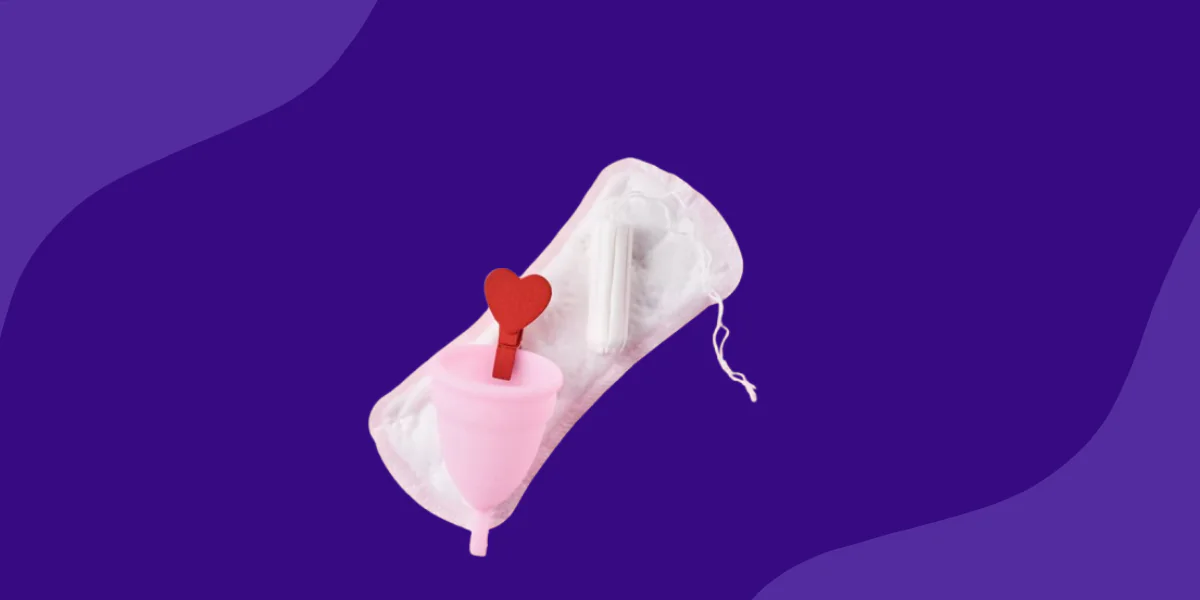Breastfeeding mothers in India often look for natural ways to enhance their milk supply, and cumin (jeera) is a common remedy. Used for centuries in Indian kitchens, cumin is praised not only for its flavor but also for its potential benefits for lactating mothers. This article explores whether consuming cumin can increase breast milk production, its potential benefits, and how to use it safely.
Understanding Cumin’s Role in Lactation
Cumin seeds (Cuminum cyminum) are rich in essential nutrients, including iron, calcium, and vitamins, which are vital for lactating mothers. They contain phytoestrogens, plant-based compounds that can mimic estrogen in the body. Phytoestrogens may have a mild effect on increasing milk production by stimulating the mammary glands. Additionally, cumin aids in digestion and helps alleviate common postpartum issues like bloating and gas.
1. Nutritional Value of Cumin for Breastfeeding Mothers
Cumin is a powerhouse of essential nutrients:
- Iron: Helps prevent anemia, a common concern during the postpartum period. Iron deficiency can affect a mother’s energy levels, potentially impacting milk production.
- Calcium: Supports the formation of breast milk, which is rich in calcium for the baby’s bone development.
- Antioxidants: Cumin’s antioxidants help reduce oxidative stress, which can support overall postpartum recovery.
A teaspoon of cumin seeds can be a simple way to incorporate these nutrients into a breastfeeding mother’s diet. According to a study published in the Journal of Traditional and Complementary Medicine, cumin has demonstrated potential in supporting lactation through its rich nutrient profile.
2. Potential Benefits of Cumin for Milk Supply
- Improves Digestion: Many traditional Indian remedies recommend cumin to aid digestion and relieve gas in new mothers. Improved digestion can create a more relaxed feeding experience, indirectly supporting milk production.
- Supports Hormonal Balance: Phytoestrogens in cumin may help regulate hormones like prolactin, the primary hormone responsible for milk production. This regulation can help in maintaining a steady milk supply.
- Reduces Postpartum Fatigue: The iron content in cumin helps combat postpartum fatigue, allowing mothers to maintain their energy levels and focus on regular breastfeeding sessions, which is crucial for increasing milk supply.
3. How to Use Cumin to Boost Breast Milk Production
There are various ways to include cumin in the diet of a breastfeeding mother:
- Cumin Water (Jeera Water): Boil a teaspoon of cumin seeds in a glass of water. Let it steep for 5-10 minutes, strain, and drink it warm. Consuming cumin water on an empty stomach may help boost milk production.
- Cumin with Milk: Mix a pinch of roasted cumin powder with warm milk and consume it before bedtime. This combination can provide additional calcium and help promote relaxation.
- Cumin in Recipes: Adding cumin to curries, dals, and soups is a practical way to benefit from its properties without altering the daily diet significantly.
In India, cumin is widely available and affordable, making it an accessible option for nursing mothers looking to enhance their diet naturally.
4. Scientific Evidence on Cumin and Lactation
While cumin is widely used as a home remedy for lactation, scientific evidence is limited. Studies have primarily focused on its digestive and antioxidant benefits. Research in the field of lactation is often centered on herbal blends rather than cumin alone, making it challenging to isolate its specific effects on milk production. However, anecdotal evidence from Ayurvedic practices and local traditions supports its use.
According to the Journal of Ethnopharmacology, many Indian mothers report improved milk flow when consuming cumin-based concoctions. Yet, it’s essential for nursing mothers to consult a healthcare provider before incorporating herbal remedies like cumin into their diet to ensure safety and proper usage.
5. Potential Side Effects of Cumin Consumption
While cumin is generally safe, consuming it in large quantities may have potential side effects:
- Stomach Irritation: Excessive intake of cumin can lead to stomach upset or heartburn.
- Allergic Reactions: Though rare, some individuals may be allergic to cumin, leading to skin reactions or gastrointestinal discomfort.
- Impact on Blood Sugar Levels: Cumin can lower blood sugar levels, so mothers with diabetes or those on medication should be cautious about their intake.
It’s important for breastfeeding mothers to start with small quantities and monitor their bodies’ responses. If any adverse reactions occur, they should stop use immediately and consult a healthcare professional.
6. Other Natural Methods to Boost Breast Milk Supply
While cumin can be a helpful addition, other natural methods also support lactation:
- Frequent Nursing: The more the baby nurses, the more milk the body produces. Skin-to-skin contact can also help stimulate milk production.
- Hydration: Drinking plenty of water, coconut water, or homemade soups can keep the mother hydrated, which is vital for maintaining milk flow.
- Balanced Diet: Consuming a balanced diet rich in proteins, healthy fats, and complex carbohydrates supports overall health and milk supply.
Conclusion
Cumin is a popular home remedy in India for boosting breast milk production due to its rich nutrient profile and digestive benefits. While scientific evidence is limited, many Indian mothers find it helpful when used in moderation. For the best results, cumin should be part of a holistic approach that includes proper hydration, a balanced diet, and regular breastfeeding. Always consult a healthcare provider before starting any herbal remedy to ensure it’s safe for both mother and baby.
Read also: Why Does One Breast Hurt? Know 5 Common Causes Explained
Medical Disclaimer: This article is for informational purposes only and is not a substitute for professional medical advice. Always consult with a healthcare provider for personalized recommendations.




















